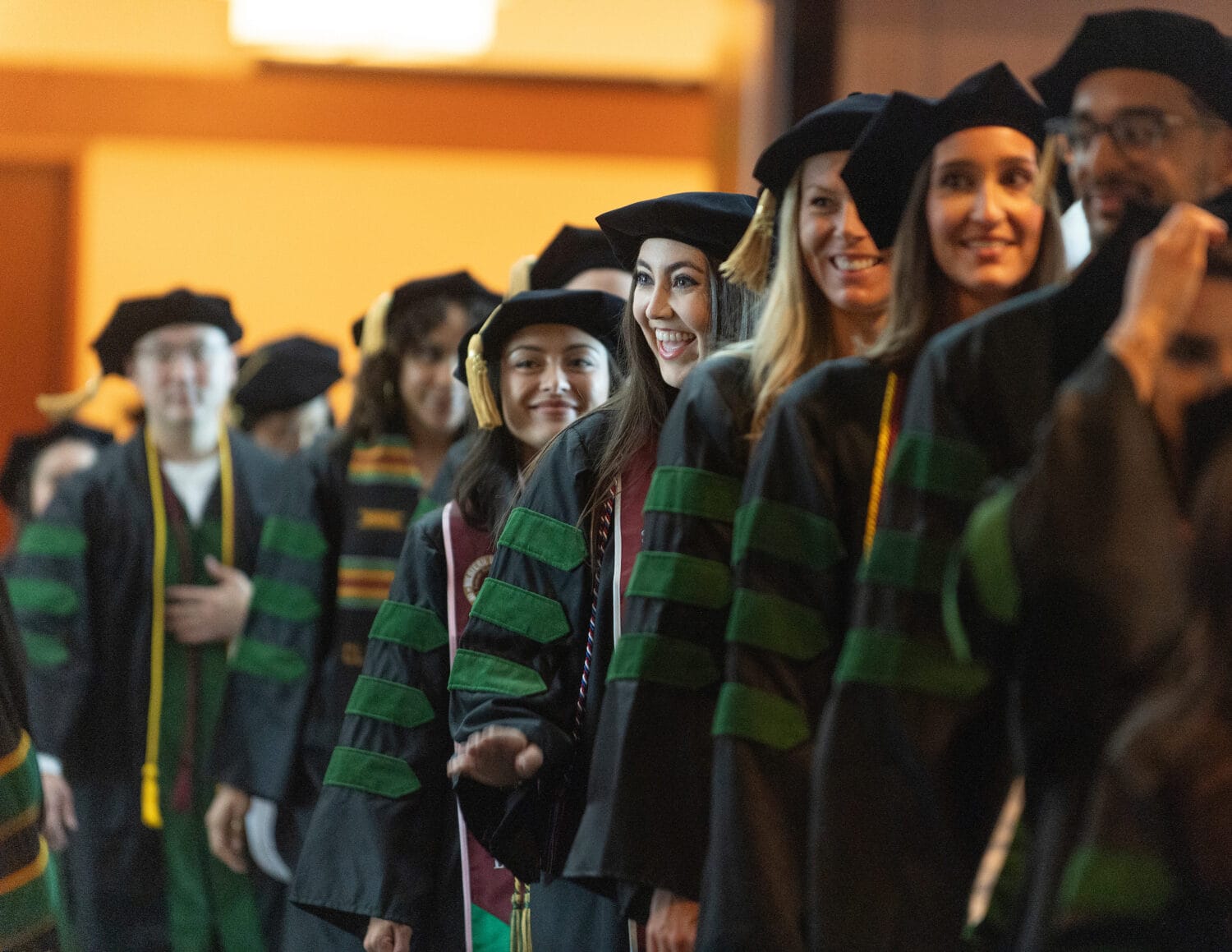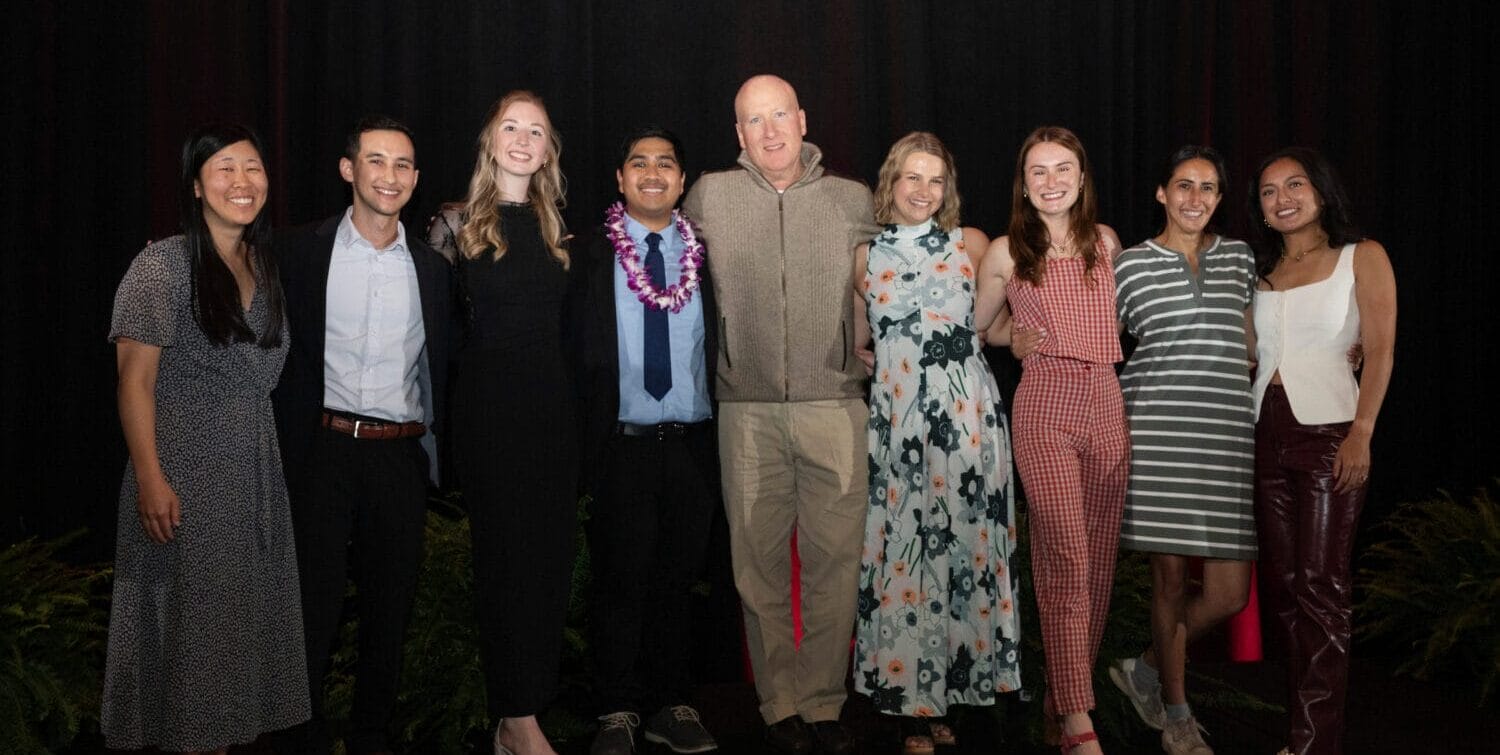COMP student, professor publish “Editor’s Choice” article on obesity
College of Osteopathic Medicine of the Pacific student Richard Stephens, DO ’20, and COMP Associate Professor Mihai Covasa, PhD, collaborated on a study selected as an Editors’ Choice article for the May issue of Obesity.
“Gut Microbiota: From Microorganisms to Metabolic Organ Influencing Obesity,” is co-authored by Stephens, Covasa and Lidia Arhire from the Grigore T. Popa University of Medicine and Pharmacy in Iasi, Romania. Click here to view the article: https://onlinelibrary.wiley.com/doi/full/10.1002/oby.22179.
“When I found out our paper received the Editor’s Choice, I was ecstatic,” Stephens said. “My work has never had that type of impact nor recognition, so it was definitely nice being honored for the hard work and dedication in the scientific world.”
Stephens connected with Covasa early in his first year at COMP because of their shared research interests. Stephens worked on similar research at UC Davis with Covasa’s colleague, Professor Helen Raybould, PhD, who also studies gut microbiota.
“Working with Dr. Covasa over these past two years has provided valuable insight to the inner workings of the research industry. Specifically, I learned that writing an article is grueling, labor-intensive work that is ultimately very satisfying to complete and publish,” Stephens said. “I found an inner drive I didn’t know I had, which allowed me to complete this project while still doing well in my classes. As cliché as it sounds, the project helped me understand my true potential as a student, individual and researcher.”
Covasa’s lab has been studying the role of gut microbiota in signaling and controlling how much we eat — and by extension obesity — for eight years. More than one-third of U.S. adults have obesity, according to the Centers for Disease Control and Prevention. Better understanding is needed about how changes in gut microbiota composition can impact energy balance and thus control weight gain. This may represent a promising avenue in the race to develop nonsurgical treatments for obesity, according to the study.
Covasa often co-authors papers with students who serve as first authors.
“They need to be encouraged to conduct research,” Covasa said. “It’s important even for clinicians who are going straight into practice. They still need to keep up with the literature. They need to understand how to interpret basic mechanisms and to advise patients in a clinical setting. The more we engage students in research and in reading science articles, the better our students become. They are more competitive and it opens their eyes to possibly pursuing an academic career.”



